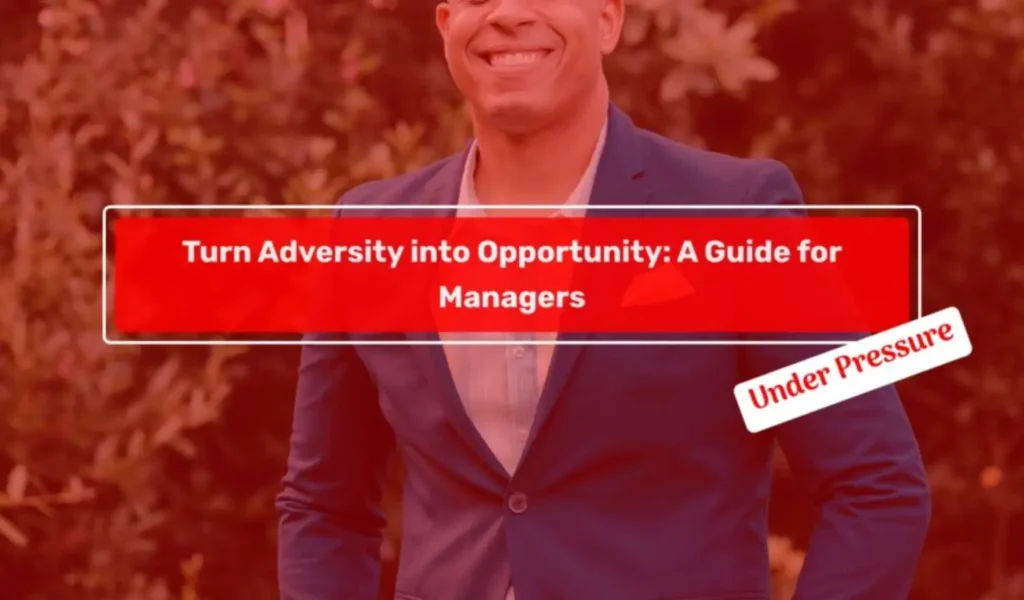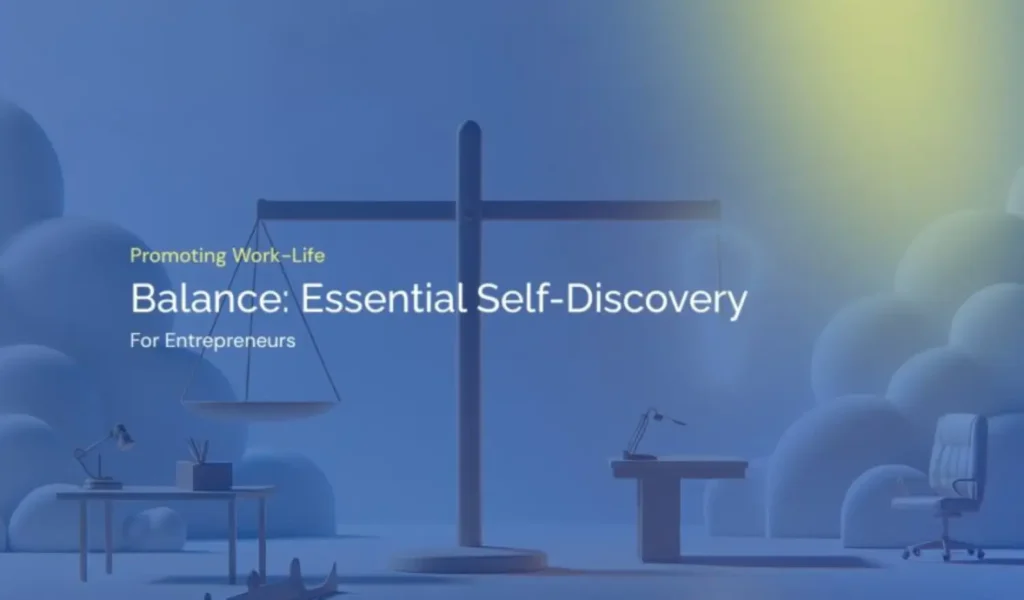Turn Adversity into Opportunity: A Guide for Managers Under Pressure
Life as a manager can often be filled with challenges and pressures that seem insurmountable. The weight of responsibilities, the constant need to make critical decisions, and the pressure to deliver results can take a toll on even the most experienced leaders. However, what if there was a way to transform these adversities into opportunities for growth and success? In this guide, we will explore strategies and techniques that managers can employ to navigate through difficult times and emerge stronger than ever. Embracing Resilience: The Key to Overcoming Adversity Resilience is the ability to bounce back from setbacks and remain steadfast in the face of adversity. As a manager, developing this trait is crucial for managing the pressures and challenges that come with the role. One way to cultivate resilience is by reframing adversity as an opportunity for growth. Instead of viewing difficult situations as roadblocks, consider them as stepping stones towards personal and professional development. By shifting your mindset, you can approach these challenges with a sense of curiosity and determination. Building a Support Network: Leveraging the Power of Collaboration Managing alone is not an option for any manager, especially during challenging times when the pressure can be daunting. Building a solid support network is essential for not just surviving but excelling under pressure. Seek out mentors, colleagues, or peers in your industry who can offer guidance, advice, and a fresh viewpoint. Collaborating with others can also contribute to finding innovative solutions to intricate problems. By harnessing the power of collaboration, you can tap into a vast pool of knowledge and experience that can greatly aid you in navigating through challenging times. Embracing Change: Turning Adversity into Innovation Adversity often presents an opportunity for innovation. As a manager, it is essential to embrace change and adapt to new circumstances. Instead of resisting or fearing change, view it as a chance to explore new possibilities and discover innovative solutions. Encourage your team to think outside the box and embrace a growth mindset. By fostering a culture of innovation, you can turn adversity into a catalyst for positive change and stay ahead of the curve in an ever-evolving business landscape. Effective Communication: Leading Through Adversity During times of pressure and uncertainty, effective communication becomes even more critical. As a manager, it is your responsibility to keep your team informed, engaged, and motivated. Be transparent about the challenges you are facing and involve your team in problem-solving. Regularly check in with your team members individually and create an environment that encourages open and honest communication. By fostering a culture of transparency and trust, you can strengthen team cohesion and navigate through adversity together. Self-Care: Nurturing Your Well-being As a manager under pressure, it is easy to neglect your own well-being. However, taking care of yourself is essential for effectively managing and overcoming adversity. Make self-care a priority by adopting healthy habits such as regular exercise, sufficient sleep, and a balanced diet. Set boundaries to ensure a healthy work-life balance, and don’t hesitate to seek support or professional help when needed. By prioritizing your well-being, you can enhance your resilience and ability to navigate through challenging times. Embracing a Growth Mindset: The Path to Success In conclusion, being a manager under pressure is undoubtedly challenging, but it is also an opportunity for growth and transformation. By embracing resilience, building a strong support network, embracing change, practicing effective communication, and prioritizing self-care, you can turn adversity into an opportunity for personal and professional development. Remember, success lies not in avoiding challenges, but in how you respond to them. Embrace the journey, learn from setbacks, and let adversity be the fuel that propels you towards greatness. Start your transformation today and turn adversity into opportunity as a manager under pressure! Michael Laidler is a professional speaker and best-selling author who empowers individuals and organizations to overcome challenges, find fulfillment, and transform their lives. Through his seminars, online courses, and speaking engagements, he provides insights and expertise on personal growth, resilience, leadership, and well-being. With his motivational and inspiring approach, Michael helps his target audience achieve success and unlock their full potential. adversity change communication growth mindset managers opportunity pressure resilience self-care support network










